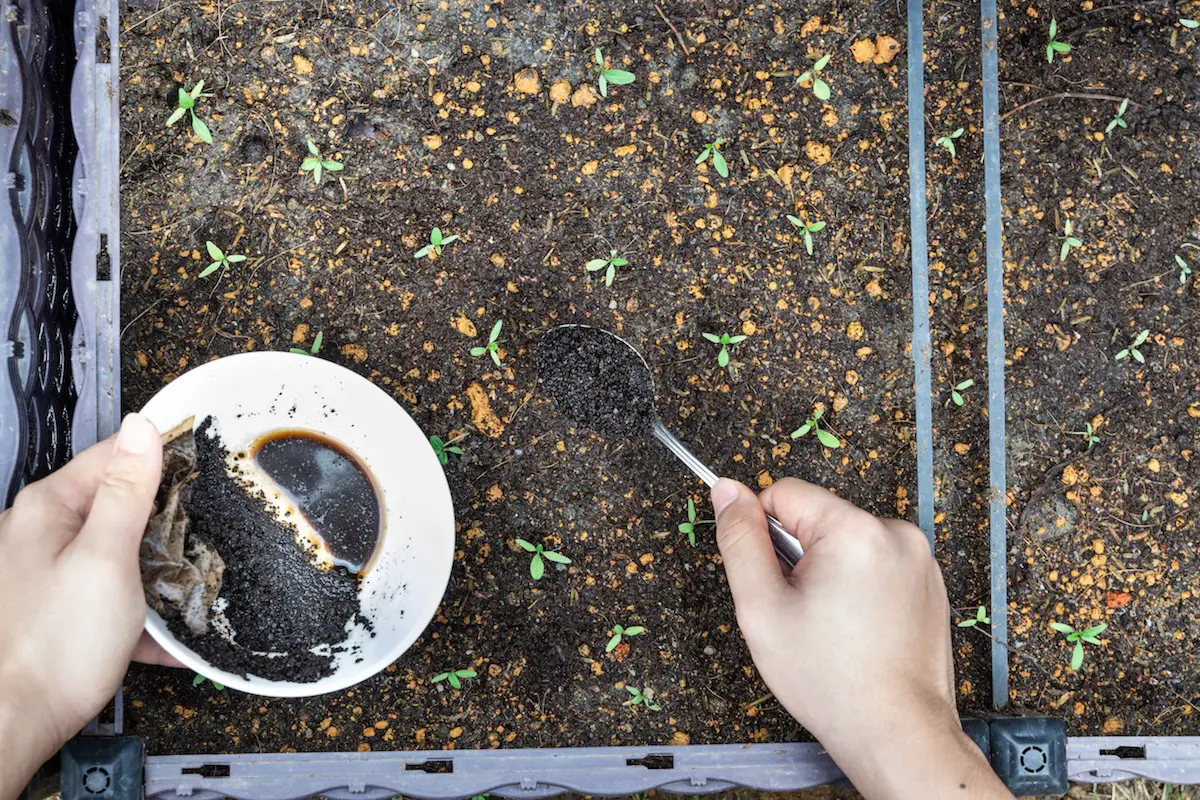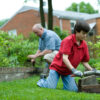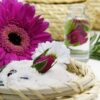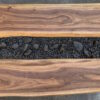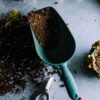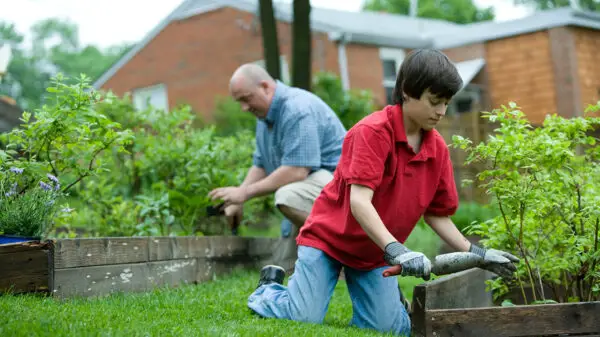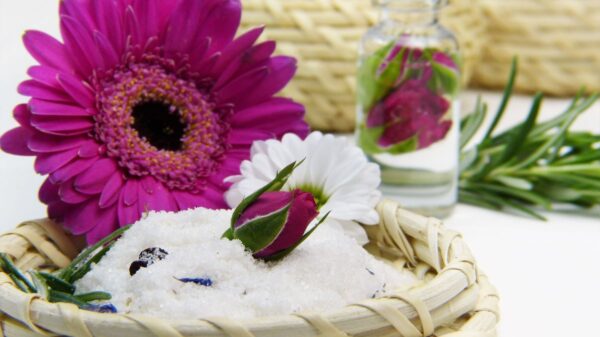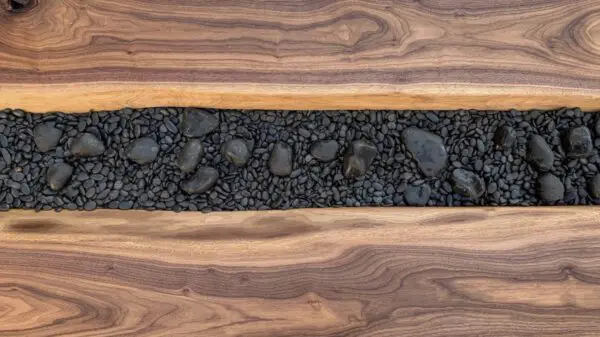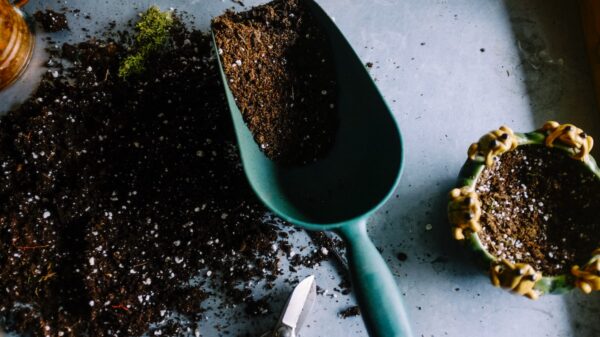How To Make The Best Organic Garden Fertilizer
If you’re looking for a way to improve your garden without using harsh chemicals, you may want to consider making your own organic garden fertilizers. There are many different recipes that you can use, and most of them are very easy to make. No matter what kind of garden you have, there’s an organic fertilizer recipe that will work for you. So, what are the best organic garden fertilizers you can make?
So, here is our list of the best organic garden fertilizers that you can make yourself:
- Compost Tea
- Fish Emulsion
- Banana Peel Tea
- Eggshells
- Coffee Grounds
Organic fertilizers are safe for both humans and pets, so you don’t have to worry about harmful chemicals leaching into the ground. They’re also much better for the environment than synthetic fertilizers, so you can feel good about using them in your garden.
In this blog post, we will discuss how to make and use these organic garden fertilizers that you can make yourself, as well as the pros and cons of using them. We will also give you some tips on how to create a safe backyard for pets while still having a beautiful and natural garden!
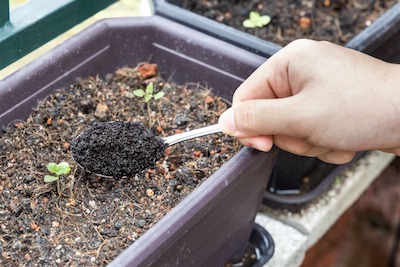
Compost Tea Fertilizer
First on our list, is compost tea. This is a great all-purpose fertilizer that you can use on just about any type of plant. It’s easy to make, and all you need is some compost, water, and a little bit of time.
To make compost tea:
- Simply add two parts water to one part compost in a bucket or container.
- Stir or aerate the mixture for a few minutes to introduce oxygen.
- Let the mixture steep for 24-48 hours.
- Strain the liquid into another container and your compost tea is ready to use!
Compost tea is rich in nutrients and will help your plants grow strong and healthy. It’s also great for the environment since you’re reusing materials that would otherwise end up in landfill.
One potential downside to composting tea is that it can attract animals if it’s not properly aerated. If you’re concerned about this, you can add a little bit of cayenne pepper or citrus peel to the mixture to deter animals.
Fish Emulsion Fertilizer
If you have plants that like acidic soil, such as roses or blueberries, then fish emulsion fertilizer is a great option for you. Fish emulsion is made from the byproducts of the fishing industry, so it’s an environmentally friendly choice. It’s also very easy to make, and all you need is some fish scraps (heads, guts, bones), water, and a little bit of time.
To make fish emulsion fertilizer:
- First, you need to gather your fish scraps. You can get these from a local fish market or grocery store.
- Mix one-part fresh fish, three-parts sawdust, and one bottle of un-sulfured molasses
- It’s usually necessary to add some water as well.
- Stir and turn the mixture in a big container with a lid daily for approximately two weeks until the fish are broken down.
- Your fish emulsion fertilizer is now ready to use! For best results, apply it to your plants every two weeks.
Fish emulsion is a great source of nitrogen, which is essential for plant growth. It’s also rich in other nutrients like phosphorus and potassium. The only downside to using fish emulsion is that it can be very smelly, so be sure to use it in a well-ventilated area.
Banana Peel Tea Fertilizer
If you have a lot of banana peels, don’t throw them away! You can use them to make a fertilizer that’s rich in potassium and other nutrients. Banana peel tea is easy to make, and all you need is some banana peels, water, and a little bit of time.
To make banana peel tea:
- First, collect your banana peels. You can store them in the freezer until you have enough.
- Next, add four parts water to one-part banana peels in a pot or container.
- Bring the mixture to a boil and then let it steep for 30 minutes.
- After it has steeped, strain the liquid into another container and your banana peel tea is ready to use!
- Banana peel tea is great for plants that need lots of potassium, such as tomatoes. It’s also rich in other nutrients like phosphorus and calcium. The only downside to using banana peel tea is that it can attract fruit flies, so be sure to use it sparingly.
Eggshell Fertilizer
If you go through a decent amount of eggs in your household, you could be throwing away a valuable resource! Eggshells are rich in calcium, which is essential for plant growth. They’re also a great source of other nutrients like magnesium and sulfur.
To make eggshell fertilizer:
- First, wash your eggshells and let them air dry.
- Next, crush the eggshells into small pieces.
- Add the eggshells to your compost pile or bin.
- You can also add them directly to the soil around your plants.
Eggshell fertilizer is a great way to add calcium to your garden. It’s also very easy to make, and you probably have all the materials you need already in your kitchen. The only downside to using eggshell fertilizer is that it can take a while for the eggshells to break down.
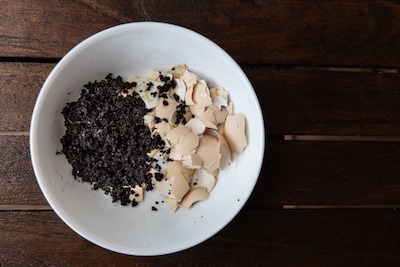
Coffee Ground Fertilizer
If you’re a coffee drinker, you can put your used coffee grounds to good use in the garden! Coffee grounds are rich in nitrogen, which is essential for plant growth. They’re also a great source of other nutrients like phosphorus and potassium. Coffee ground fertilizer is also the easiest organic garden fertilizer to make on this list.
To make coffee ground fertilizer:
- First, collect your used coffee grounds. You can save them in a container or freeze them until you have enough. You will likely need at least a cup of coffee grounds depending on how large your garden is.
- Next, add the coffee grounds to your compost pile or bin.
- You can also add them directly to the soil around your plants.
Coffee ground fertilizer is a great way to add nitrogen to your garden. It’s also very easy to make, and it smells great! The only downside to using coffee ground fertilizer is that it can take a lot of coffee grounds to make a difference in your garden.
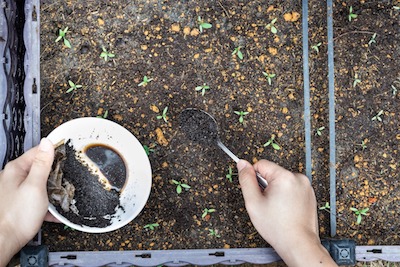
Pros & Cons of Using Organic Garden Fertilizers
Organic garden fertilizers are becoming increasingly popular as more and more people become interested in organic gardening. There are many benefits to using organic fertilizers, but there are also some drawbacks that you should be aware of before you make the switch.
Here are some of the pros and cons of using organic garden fertilizers:
Pros:
- Organic fertilizers are made from natural products like manure, compost, and plant materials. This means that they are less likely to harm the environment than synthetic fertilizers.
- Organic fertilizers are safe for kids and pets meaning you don’t have to sacrifice having a beautiful and safe backyard for pets and kids.
- Organic fertilizers can improve the quality of your soil over time. This is because they add organic matter to the soil, which helps to improve drainage and aeration.
- Organic fertilizers are often more effective than synthetic fertilizers at providing nutrients to plants. This is because they release nutrients slowly, over time, which allows plants to better absorb them.
Cons:
- Organic fertilizers can be more expensive than synthetic fertilizers. This is because they are often made from more costly ingredients.
- Organic fertilizers can be harder to find than synthetic fertilizers. This is because they are not sold in as many stores.
- Organic fertilizers can take longer to work than synthetic fertilizers. This is because they release nutrients slowly, over time.
As you can see, there are both pros and cons to using organic garden fertilizers. Ultimately, the decision of whether or not to use them is up to you. If you decide to use organic fertilizers, be sure to do your research so that you choose the right one for your plants.
The Best Organic Garden Tips
Organic gardening is a great way to grow healthy and beautiful plants. If you’re new to organic gardening, here are some tips to help you get started:
- Start with good-quality soil, this is the foundation of a healthy garden. You should test your soil before you start planting, to make sure it has the right nutrients for your plants. In addition to soil, you will also want to use good-quality mulch and compost.
- Choose plants that are suited to your climate and soil type. Not all plants will thrive in all conditions, so it’s important to choose ones that will do well in your particular garden.
- Feed your plants organic fertilizer, this will help them to grow strong and healthy. You can make your own fertilizer at home, or buy it from a garden store.
- Water your plants regularly, especially during hot weather. Check the soil before you water it to make sure that it’s dry. Overwatering can damage plants, so be careful not to water too often.
The Bottom Line
While organic gardening takes a little bit more work than traditional gardening, it is well worth the effort. By following these tips, you can create a beautiful and healthy organic garden that will provide you with fresh fruits, vegetables, and flowers for years to come. We hope that you give these organic garden fertilizers a try! Thank you for reading and best of luck making your own perfect, beautiful, and safe garden.
Related Questions
Does organic garden fertilizer change the taste of my produce?
No, the taste of your produce should not be affected by the fertilizer you use. However, it is important to make sure that you wash your produce thoroughly before eating it. This will remove any residue from the fertilizer that may be on the surface of the fruit or vegetable.
Can I use organic garden fertilizer on my indoor plants?
Yes, you can use organic garden fertilizer on your indoor plants. However, you should be aware that some fertilizers may have a smell that is unpleasant to you.
How to make my backyard safe for pets?
When making your backyard safe for pets, you will want to avoid using any chemicals or pesticides. You should also consider using raised beds for your plants. This will help to keep your pets from digging in the dirt and disturbing your plants. In addition, you will want to make sure that all of your plants are non-toxic to animals.


